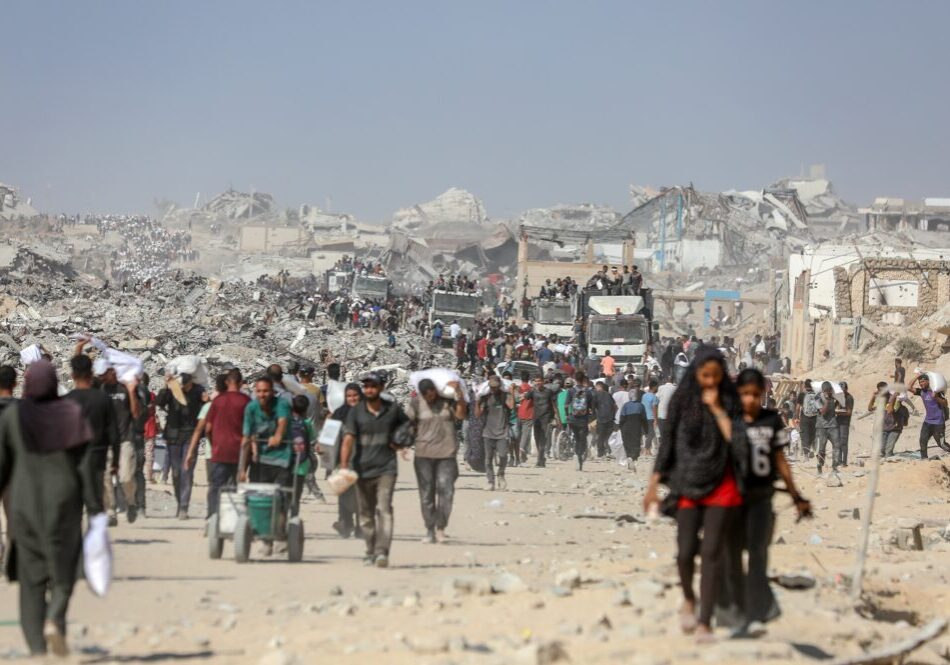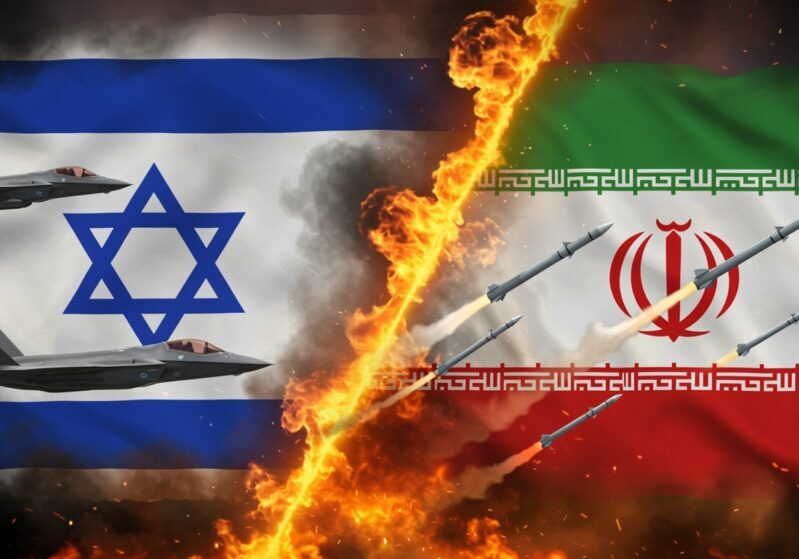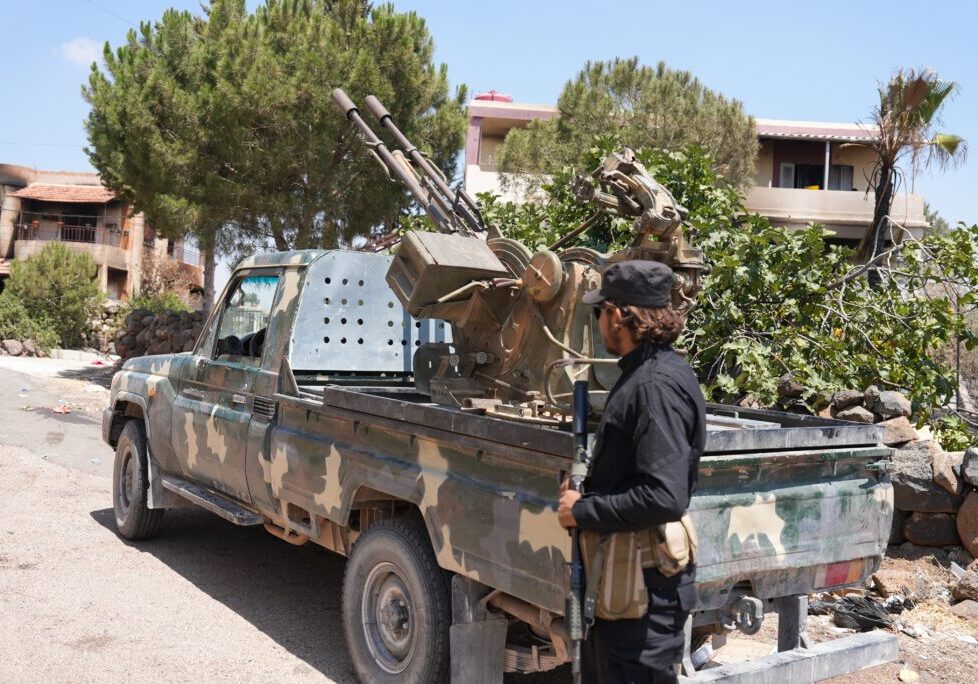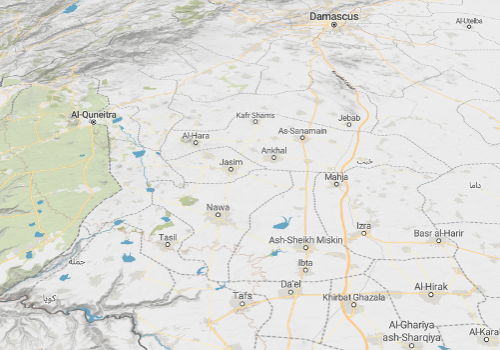Australia/Israel Review
Syria’s Business
Jun 27, 2011 | Jacques Neriah
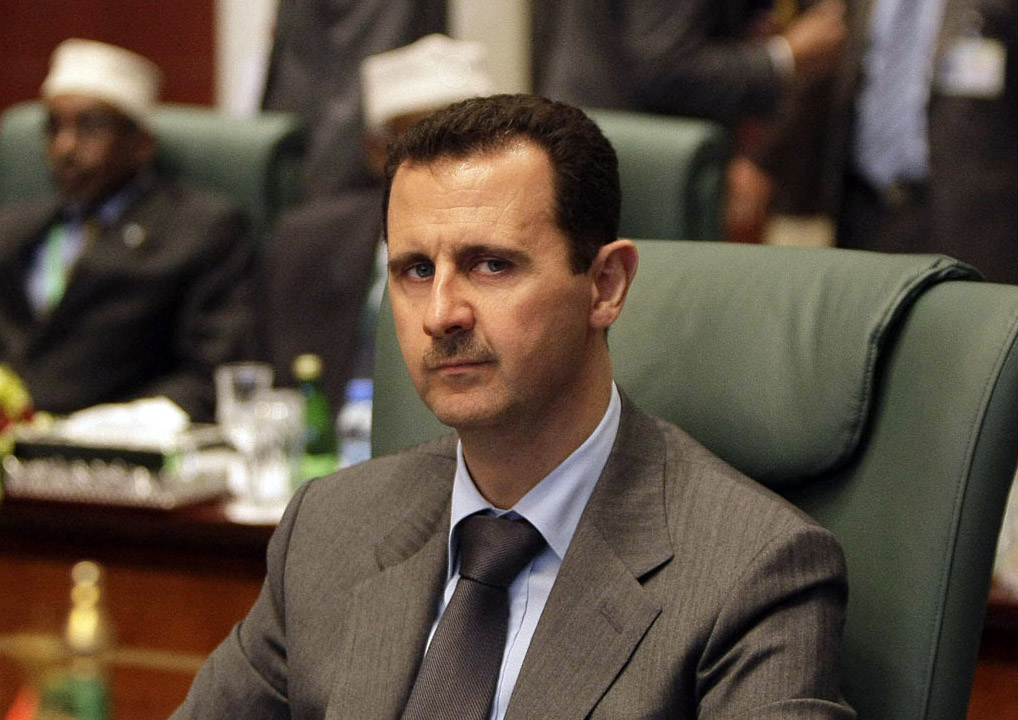
Jacques Neriah
The world has gotten accustomed since mid-March to reports of wide unrest sweeping Syria. Unlike Egypt and Tunisia but very much like in Libya, the Syrian regime has chosen to confront the “Arab Spring” with armed repression, including tanks, helicopter gunships and missile boats – thus provoking, like in the Tunisian case, a steady flow of refugees fleeing the battleground to a safe haven in Turkey, and who are revealing day after day the atrocities committed by the Alawite regime against its own people.
Even though the 2011 events remind one of the 1982 rebellion staged by the Muslim Brotherhood in Hama, and of the brutal repression that followed, the repression under Bashar has not reached the scope of the repression under Hafez Assad. In 1982, more than 20,000 were killed by forces loyal to the tyrant, compared to more than 1,200 victims today. Yet the same methods applied in 1982 are being repeated; the regime has no answer other than brutal repression, with a small difference. Hafez Assad did not ask for the assistance of the Iranians and Hezbollah (which was practically non-existent at that time). Oddly enough, in 1982 it was Rifaat Assad – Hafez Assad’s brother – who led the repression. Today it is Maher Assad, Bashar’s younger brother.
However, unlike the 1982 events, unrest and demonstrations this time are widespread, from south to north and east to west, and not limited to two towns and a specific sector of the population. The opposition is not limited to Islamic fundamentalists (although the regime is trying to create a picture according to which Syria is under a combined attack by al-Qaeda and its associates – with Israeli backing and involvement, of course).
Unlike the 1982 events, the protests began in the south and were meant to combat the corruption represented by the ruling family. In this context, the first targets attacked by the demonstrators (as in Egypt and Tunisia) were the offices of the ruling Ba’ath party and the headquarters of Syria’s leading cellular phone company Syriatel, owned by Bashar Assad’s first cousin, Rami Makhlouf.
Bashar Assad knows his time is limited. Western powers may be slow to react, but when they do, their intent is very clear: to limit his powers and end his repressive methods, with a regime change if needed.
The first sanctions by the Europeans and Americans have already landed on the Syrian elite, singled out for its involvement in the repression, and there will probably be others to come until the rope gets tighter and tighter.
European regimes, as well as the US Administration, are being criticised for their double standard regarding Syria and Libya. This criticism will inevitably bring the West and the US to apply the same kind of sanctions against the Syrian regime as they did in the Libyan case if the Syrian regime continues its rampage against the demonstrators.
Assad has an important ally in this field besides Iran and Hezbollah: Russia, whose delaying role in the UN Security Council has given the Syrian regime time to cope with its domestic problems in the hope that by the time the West organises, Syria would again be disciplined, and the revolts a part of history.
In the meantime, Assad plays “business as usual.” He played a leading role as catalyst in breaking the five-month political deadlock which had divided Lebanon, and forming the Hezbollah-backed, almost entirely pro-Syrian, Lebanese government. For Bashar this was sweet revenge, compensating him for his shameful withdrawal from Lebanon following the 2005 assassination of the former Lebanese prime minister Rafiq Hariri.
On the Israeli border, in close association with Hezbollah, Syria tried to put pressure on Israel by a diverting exposé of its ‘non-humanitarian’ response to unarmed demonstrators who tried to cross its borders and commemorate the “Naqba,” (the “catastrophe” of 1948).
Indeed, May 15 came as a surprise to Israel, whose borders were crossed in the Golan, but its harsh reaction, even before the later “Naksa” demonstrations (commemorating the June 1967 Arab defeat ) of June 6 re-established the equilibrium between Israel, Hezbollah, Syria and Lebanon, and re-instated the status quo ante.
Nevertheless, time is of the essence. Bashar Assad has a very narrow window of time. This window is more or less equal to the time in which Muammar Gaddafi remains in power. The moment Gaddafi steps down, Syria will experience all the attention of the Western powers, especially if the turmoil and armed suppression persist.
This is a descending slope bordered by two vertiginous ravines. Assad’s chances of remaining in power depend very much on his ability to bypass his Praetorian Guard – which he cannot do at this moment.
Col. (ret.) Dr. Jacques Neriah, a special analyst for the Middle East at the Jerusalem Centre for Public Affairs, was formerly Foreign Policy Adviser to Israeli Prime Minister Yitzhak Rabin and Deputy Head for Assessment of Israeli Military Intelligence. © Jerusalem Post, reprinted by permission, all rights reserved.
Tags: Syria



